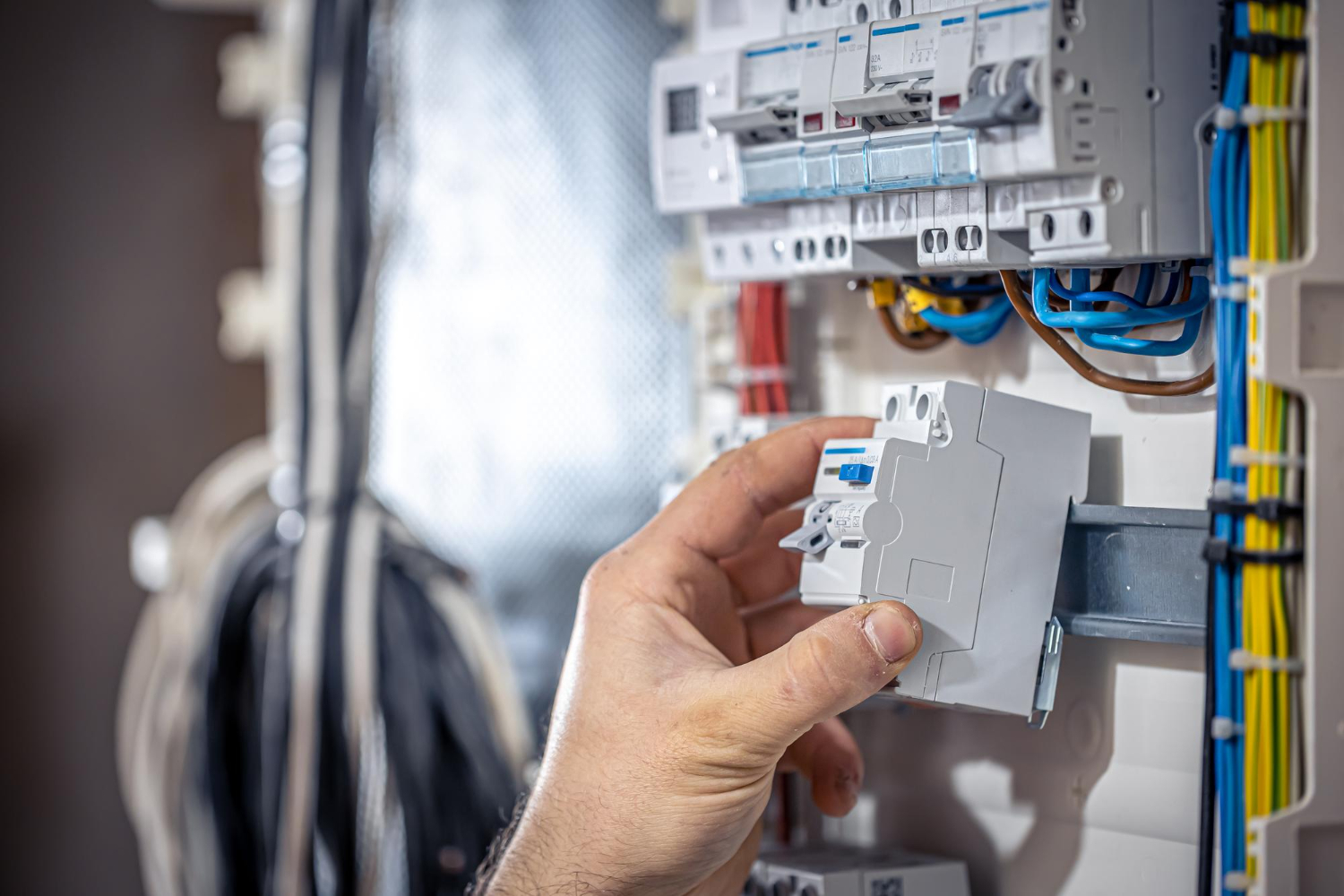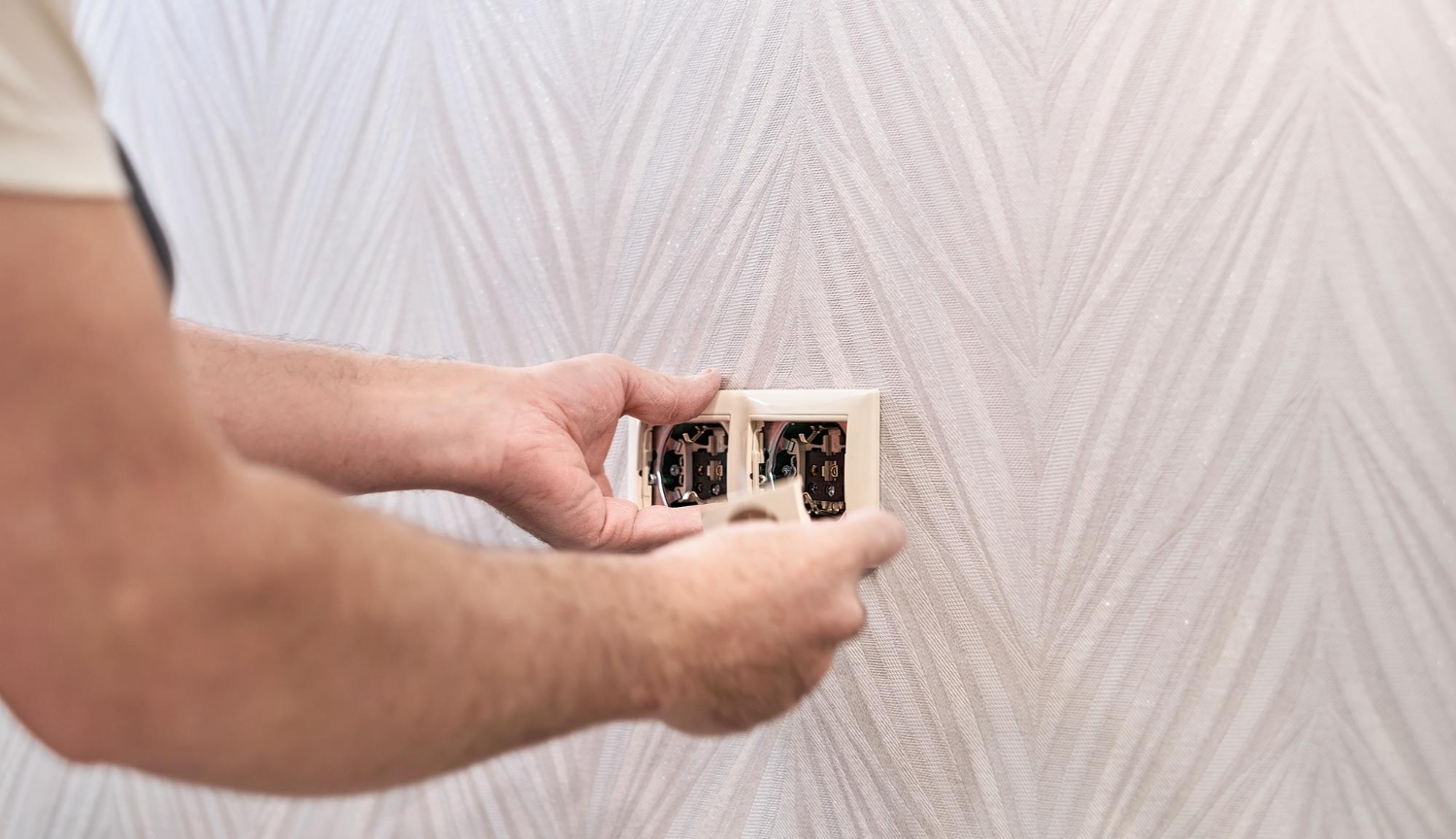In this article, we will look at how a GFCI protects you.
Picture this: You’re about to sit down with snacks and watch your favorite sport on TV when suddenly everything goes dark because the power went out. You look out the window and realize that the only house that is affected is yours.
What do you do now? Do you even know where your circuit box is located? After fumbling around in the dark, you finally find it. There is a terrible burning smell, and before you realize what is happening, you have an electrical fire on your hands!
This entire situation could have been avoided if you had a GFCI ( Ground-fault Circuit Interrupter). Every year, thousands of people get electrocuted unnecessarily because of improper grounding.
Why is GFCI Important?
A circuit breaker is a standard household safety device that controls electrical current. When there is an electrical power surge, the circuit breaker will trip to prevent a fire or damaging the electrical wiring. There are residential and commercial units available for sale at ESD Sales.
- Your average home will use 100 to 150 AMPS, but they are also available in 200 and 400 AMPS.
- Commercial buildings use 60 to 120 AMPS OR 200 AMPS to 400 AMPS.
Our expert technicians know how confusing all this electrical jargon can be and are there to assist you every step of the way. They will help you find the correct GFCI or circuit breaker to help you protect your home from electrical fires and keep you and your family safe.
What are the Types of GFCI?
A GFCI differs from a circuit breaker; while they protect you from electrical fires, there are some critical differences.
The main reason for both these devices is to prevent electrical shocks.
A GFCI was designed for use in areas prone to moisture, such as the kitchen and the bathroom. If the device comes into contact with water, it will trip and immediately cut off the power flow. It’s essential to test the GFCI regularly.
To simplify this task, a red button on the unit allows you to test and reset the power.
There are 3 main types of GFCIs:
1. Wall receptacle:
Found in very wet and damp areas
2. Circuit breaker:
Protect your circuits. Circuit breakers are usually found in areas where individual receptacles can’t be used.
3. Portable plug-in:
As the name suggests, these units are portable and can be used for on-the-go protection in places that need it.
How does a GFCI protect you? A GFCI has a built-in breaker panel that monitors the flow of electricity. Should it detect a problem, it will trip the power to protect you and your home. Water and electrical fires don’t mix.
That’s why a GFCI should be installed anywhere that gets wet or is prone to moisture.
How Does a GFCI Protect You?
How does GFCI protect without a ground? A ground wire isn’t 100% necessary for the GFCI to work correctly. Older houses very rarely had a ground wire. If the GFCI you’re using doesn’t have a ground wire, it must be very clearly marked – “NO EQUIPMENT GROUND.”
How does a GFCI protect a worker? Electrical fires can be deadly, so it’s essential to protect workers from being electrocuted. A GFCI is a very clever device that can shut off the power in as little as 1/40 of a second to prevent the worker from being injured.
How does GFCI protect you? A GFCI must be installed in any area that gets wet easily, such as your garage, basement, bathroom, or any place with a sink or source of water.
GFCI Breakers with ESD Protection for Your Home
How does a GFCI protect you? The simple answer is that it will shut off if it detects moisture and prevents an electrical fire from occurring. These devices are compulsory and must be installed by law.
If you need help finding the perfect GFCI solution for your home or business, contact ESD Sales. They are one of the leading providers of circuit breakers and other electrical equipment.
With over 20 years of experience, they have seen it all and are well-equipped to answer any questions you may have.
Don’t let an electrical fire destroy your home. Contact ESD today to find out how you can protect yourself.



